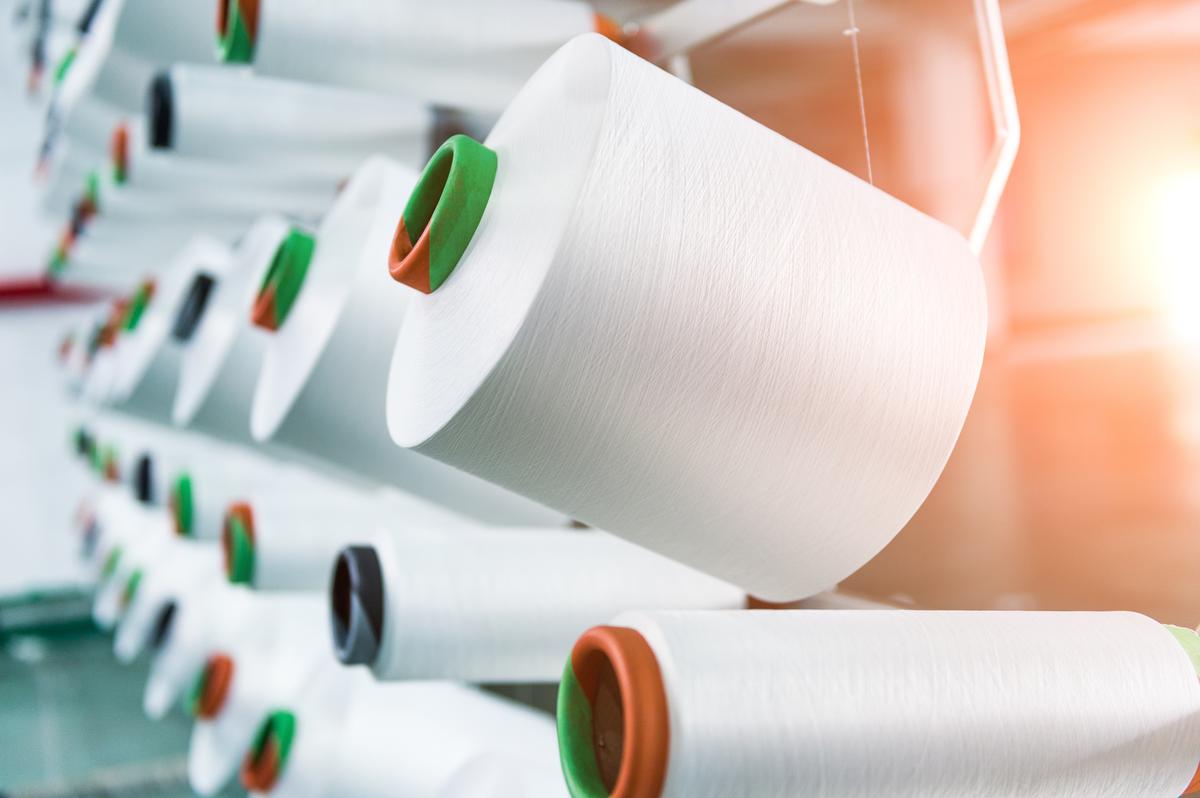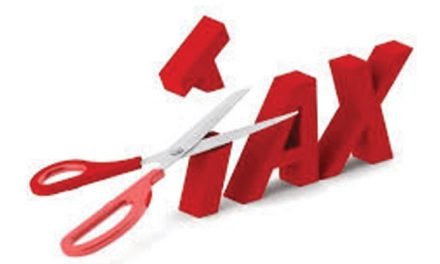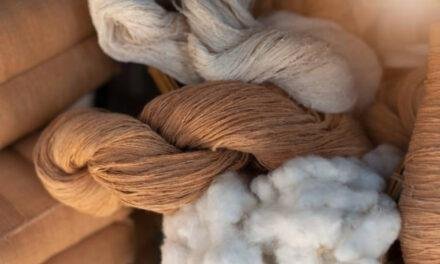 The recent government decision to rescind the Quality Control Order (QCO) on several polymer and fibre intermediates will provide respite to the tariff-impacted downstream textiles segments, particularly readymade garments, which will now have access to more competitively priced raw material imports. This however will adversely impact the upstream polyester yarn segment which may now face increased competition from imports.
The recent government decision to rescind the Quality Control Order (QCO) on several polymer and fibre intermediates will provide respite to the tariff-impacted downstream textiles segments, particularly readymade garments, which will now have access to more competitively priced raw material imports. This however will adversely impact the upstream polyester yarn segment which may now face increased competition from imports.
Our analysis of 20 polyester yarn makers, comprising 40-45% of the sector’s revenue, indicates as much.
The Ministry of Chemicals and Fertilisers had on November 12, 2025, announced1 the withdrawal of QCO on several polymer and fibre intermediates with immediate effect.
To recall, in October 2023, the Indian government issued a QCO, mandating BIS certification on imported yarn, to address the influx of cheaper polyester yarn from China. The removal of QCO norms will improve supply of cheaper imported yarn and thereby will help in providing support to the downstream sectors, amid the US tariff headwinds.
Notably, the readymade garment segment derives 25-30% of its revenue from exports, of which a third are to the US. On its part, the home textile segment derives two-thirds of its revenue from exports, with the US accounting for 55-60% of the total exports. The operating performance of these segments has been impacted with the onset of 50% tariffs on exports to the US and will see some benefit from the removal of QCO.
The readymade garment segment, which extensively relies on polyester yarn, is likely to benefit more, whereas home textile segment may see a limited positive impact due to its higher dependence on cotton-based exports.
Says Gautam Shahi, Director, Crisil Ratings, “As polyester yarn is a more affordable substitute to cotton yarn2, it is extensively used to manufacture value and mid-premium garments. The removal of QCO should provide a breather to the downstream textile industry, which has been impacted by high tariffs on exports to the US.”
However, lower realisations due to competition from imported yarn and softened crude oil prices will likely keep revenue growth for polyester yarn manufacturers flat at 3-5% next fiscal, partly negating the volume uptick due to reduced GST rate.
Says Pranav Shandil, Associate Director, Crisil Ratings, “Moderating realizations will also shrink spreads for polyester yarn manufacturers by 10-15%. This is after considering benefits from removal of QCO on inputs used in yarn making, predominantly Purified Terephthalic Acid (PTA) and Mono Ethylene Glycol (MEG). Overall players may see their operating margins shrinking by 100 basis points (bps) to 5.5-6% next fiscal.”
A weaker operating performance will result in moderation of credit metrics for polyester yarn manufacturers with interest cover declining to 2.7-2.9 times next fiscal from 3.5-3.7 times in the current fiscal. The continuation of higher tariffs on India versus competing nations, impact of US tariffs on demand, as well as the impact of volatility in crude prices and regulatory changes on the textile industry value chain will bear watching.





















